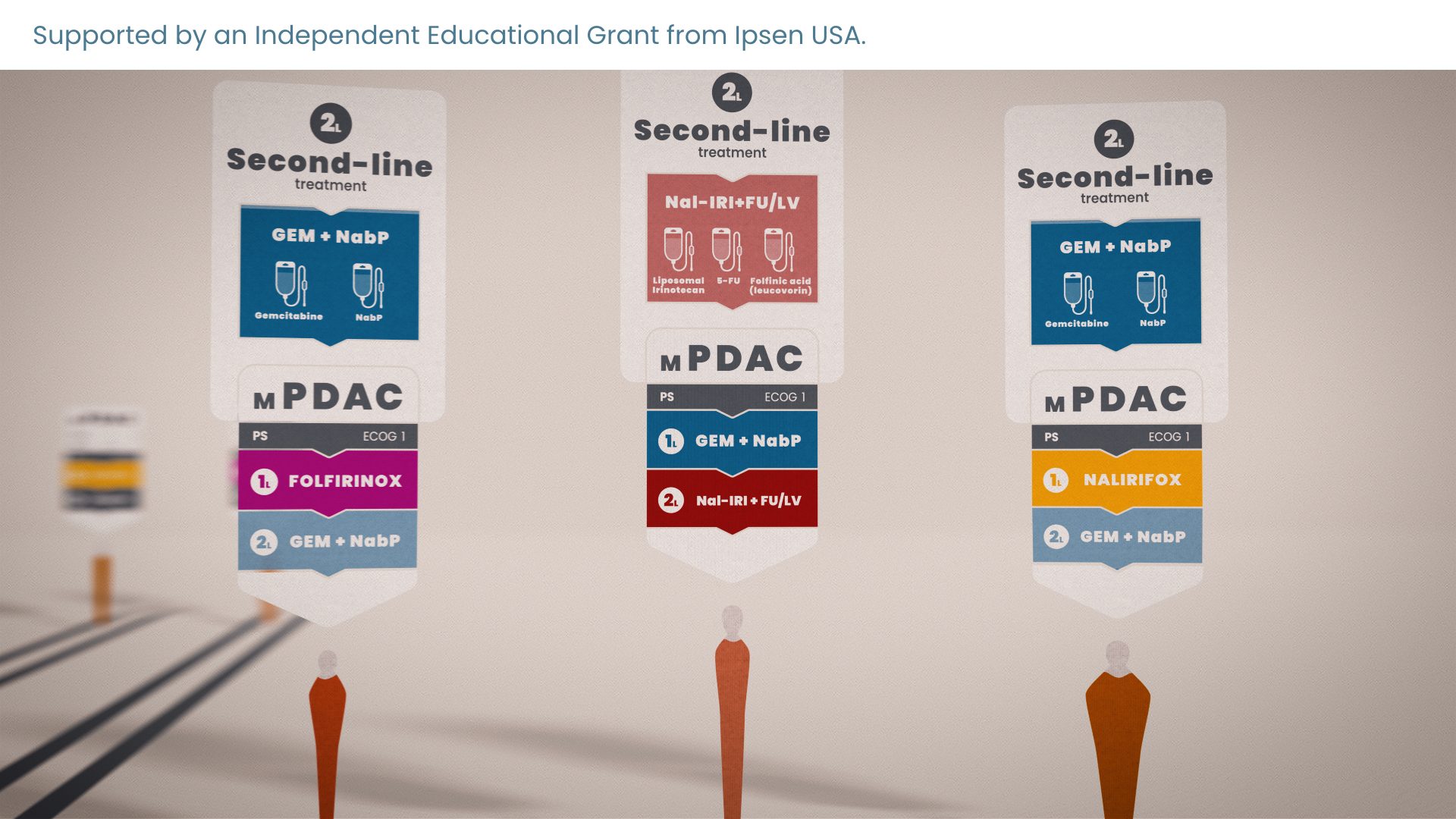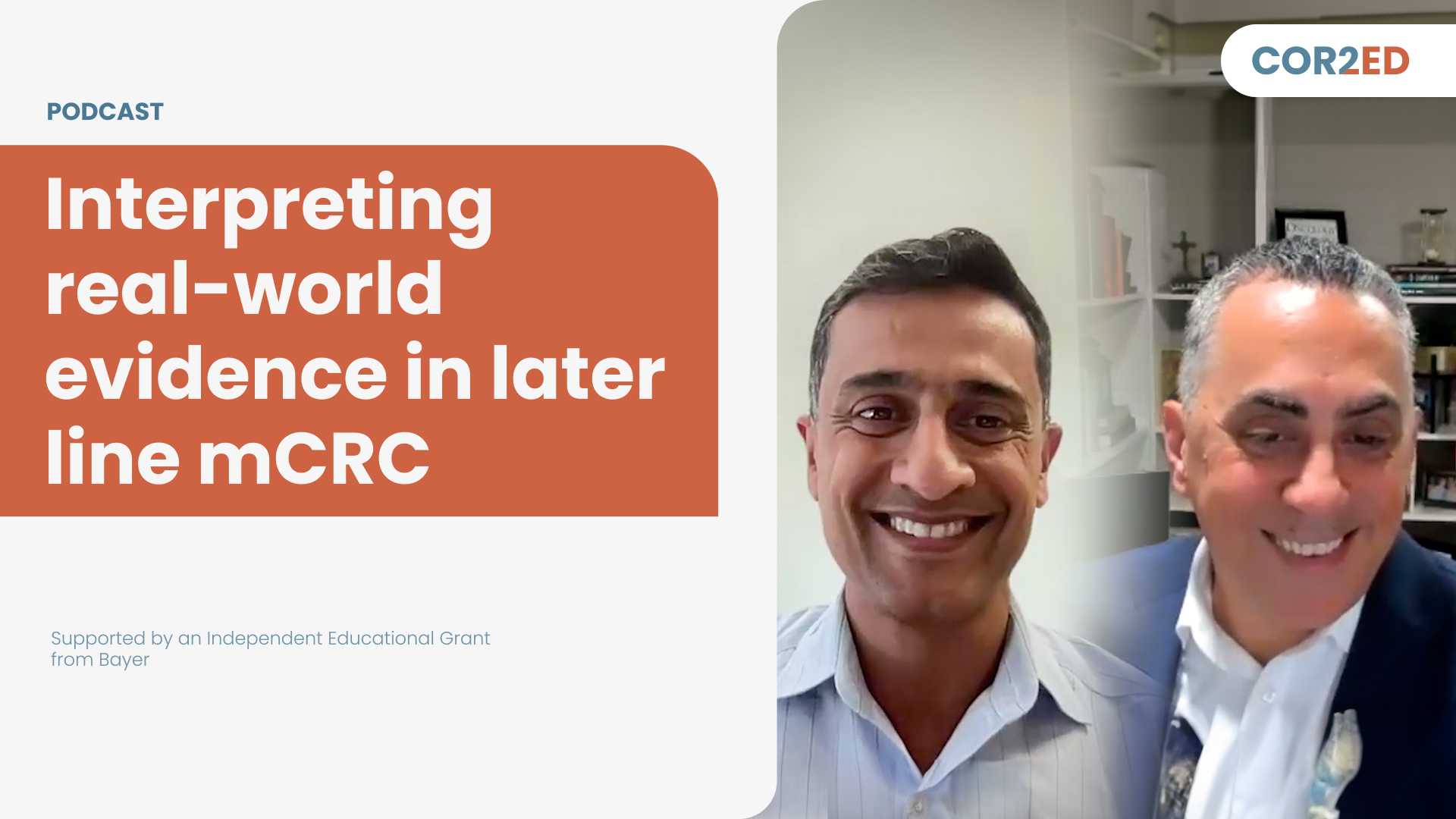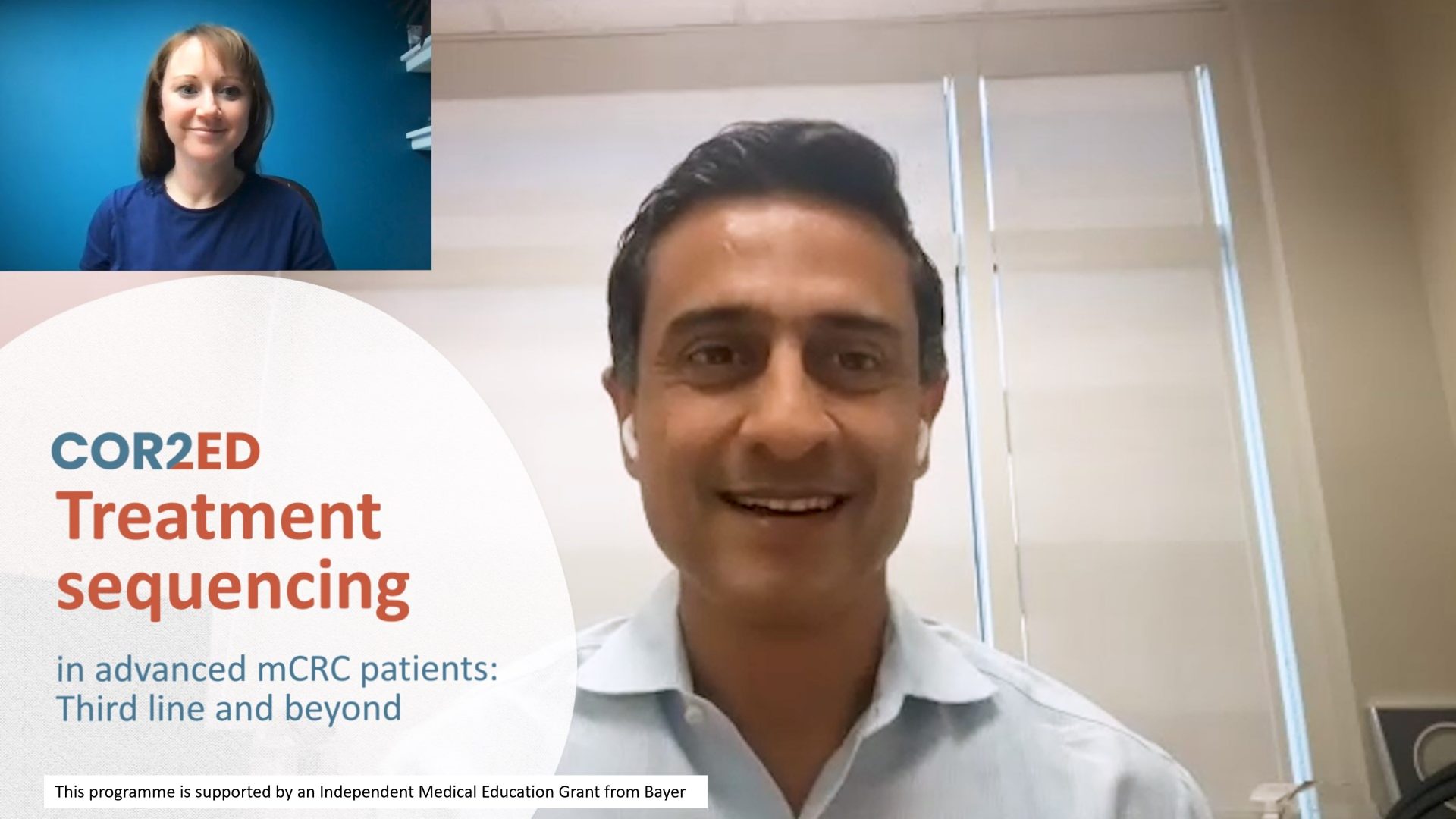Prof. Shubham Pant
Medical Oncologist
- MD Anderson Cancer Center
United States
Dr. Shubham Pant is a Professor in the Department of Gastrointestinal (GI) Medical Oncology with a joint appointment in the Department of Investigational Cancer Therapeutics (Phase I Center) at The University of Texas MD Anderson Cancer Center. Dr. Pant is recognised as an international expert in GI cancers with an emphasis on pancreatic and biliary cancers and Phase 1 trials.
Dr. Pant's research focuses on novel immunotherapeutic approaches and targeted therapies in GI cancers, including devising novel ways to target the KRAS mutation. He has been the lead/co-lead of several global practice-changing studies, including 'Zanidatamab for HER2-amplified, unresectable, locally advanced or metastatic biliary tract cancer (HERIZON-BTC-01): a multicenter, single-arm, phase 2b study'; 'Adagrasib in advanced solid tumors harboring a KRASG12C mutation' and 'Erdafitinib in patients with advanced solid tumors with FGFR alterations (RAGNAR): an international, single-arm, phase 2 study'; amongst others. He has over 100 peer-reviewed publications and has published in high-impact journals, including The Lancet, Lancet Oncology, and Journal of Clinical Oncology. He is frequently invited to present his research at national and international meetings. He collaborates on numerous grants, including R01 and SPORE grants funded by the National Institute of Health. Dr. Pant serves on the National Cancer Institute (NCI) Pancreas Task Force and the Pancreatic Cancer Action Network's (PanCan) Scientific and Medical Advisory Board. He also helped draft the American Society of Clinical Oncology (ASCO) Metastatic Pancreatic Cancer Guidelines, which provide evidence-based recommendations for physicians. He is also the editor of the book Pancreatic Cancer: Current Therapeutics and Future Directions (Publisher: Springer).
Alligator Bioscience, Amal Therapeutics, Arcus, AskGene Pharma, Astellas, AstraZeneca, BioNTech, Boehringer Ingelheim, BPGBio, Bristol-Myers Squibb, Elicio, Framewave, Immuneering, ImmunoMET, Ipsen, Janssen, Jazz, Lilly, Mirati Therapeutics, NGM Pharmaceuticals, Nihon Medi-Physics Co, Ltd, Novartis, Pfizer, Revolution Medicine, Theriva Biosciences, USWorldmeds, Zymeworks
Programmes developed by Prof. Shubham Pant
Tackling metastatic pancreatic ductal adenocarcinoma (mPDAC)
Chemotherapy strategies that matter
Metastatic pancreatic ductal adenocarcinoma (PDAC): from diagnosis to treatment
Risk factors, diagnostic tools and treatment options for different patient groups
Interpreting real-world evidence in later-line mCRC
Aligning real-world evidence with clinical trial data
Experts
Prof. Tanios Bekaii-Saab, Prof. Shubham PantPodcast: How Can We Optimise Treatment Sequencing for mCRC Patients, 3rd Line and Beyond?
Experts discuss how physicians can use the latest data to support optimal treatment sequencing
Experts
Prof. Jenny Seligmann, Prof. Shubham PantUpdate from ASCO GI 2023
Episode 2: Lower GI highlights
Experts
Prof. Efrat Dotan, Dr Nataliya Uboha, Prof. Shubham Pant, Prof. Andrea Sartore-BianchiUpdate from ASCO GI 2023
Episode 1: Upper GI cancer highlights
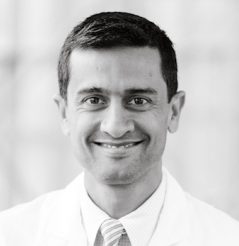
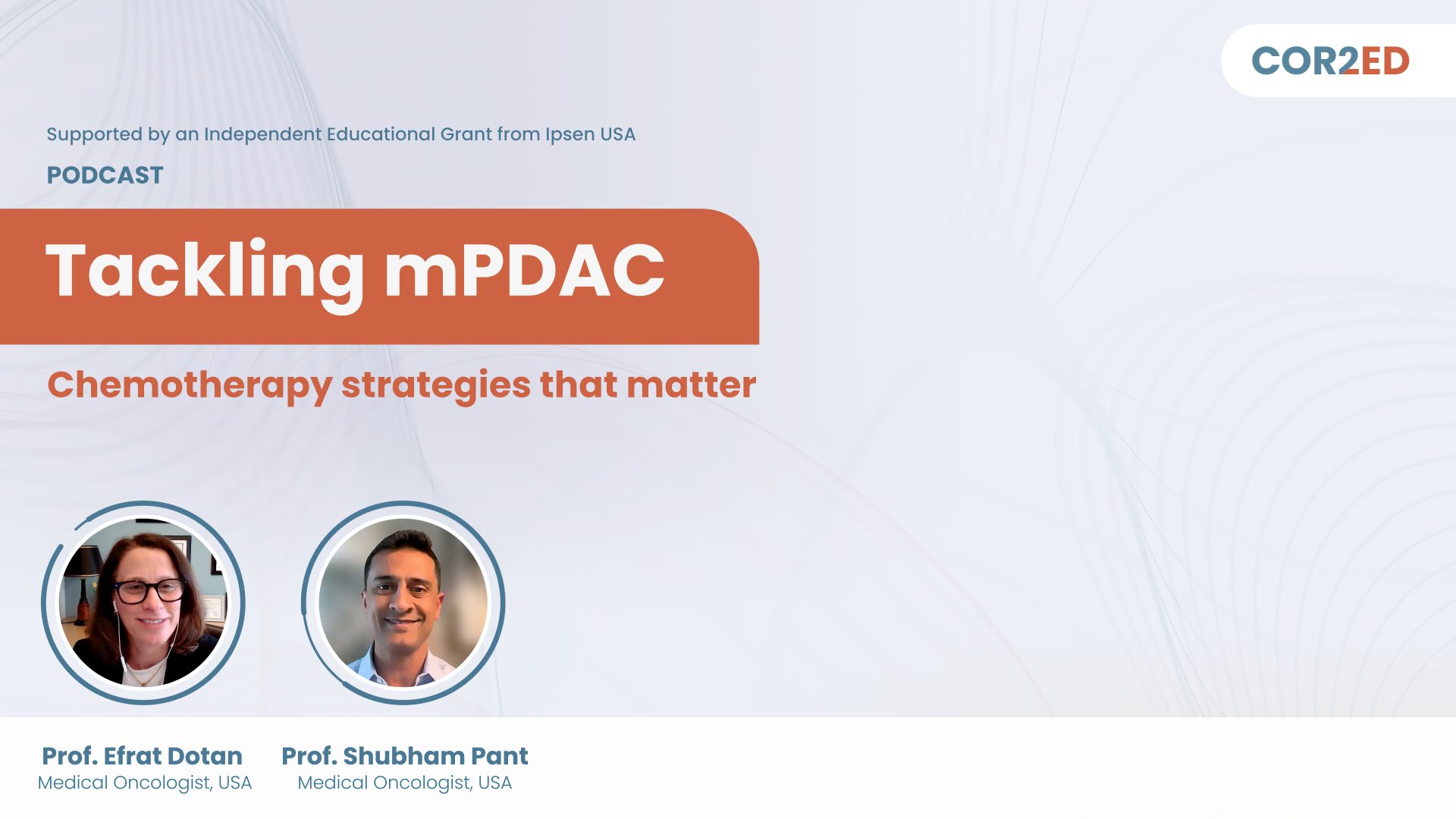

 Downloadable
Downloadable  4 MIN
4 MIN
 May 2025
May 2025 